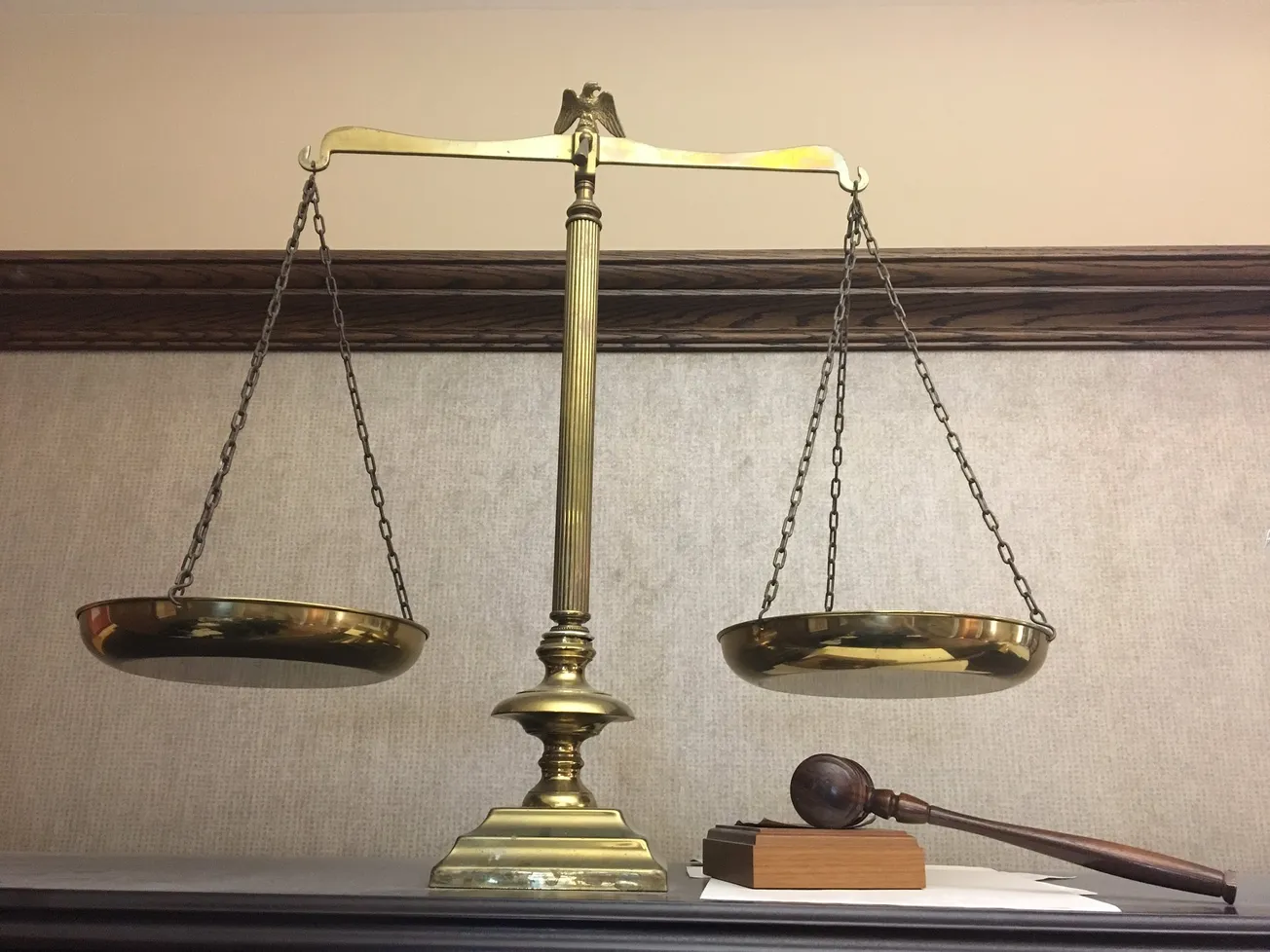Table of Contents
My recent posts about this subject (here and here) have resulted in some fascinating comments from readers ranging from
“If Grace Millane had survived her ordeal and laid a complaint, would she have been seen as a ‘woman scorned’? After all, she was in his room by choice, the sex was consensual, they were in a ‘relationship’ of sorts, she had consumed a lot of alcohol and apparently, she enjoyed rough sex. Do women have to die before people stop implying that ‘she was asking for it’?”
Christie
To
“I am a bit disappointed with the author’s attitude towards the Labour youth camp sexual assaults. There is no doubt they occurred. There was a cover up attempt and when the young victims asked for justice they were denied. The fact that the offender also has relatives in high places just plain stinks to high hell, real dirty politics – that is the sad truth.”
Dave42
Those and many other comments made for a good, quality and stimulating debate. Some of the conclusions reached and raised in the comments however made reference to things I neither stated nor implied. Perhaps the consistent evidence points ultimately to only one thing: We all see the world through our own eyes and formulate our views on that basis even if what we’re seeing isn’t actually there.
I don’t believe I said anything to suggest in any way that the allegations were the result of a “woman scorned” nor did I come close to suggesting or implying that “she (or anybody else) was asking for it”. It’s clear however from other comments in many places, that some people did hold that view in the Grace Millane case and I’d suggest those same people probably hold it as a general view, and it is one which I strongly disagree with.
I also have never suggested that the alleged Labour Youth Camp sexual assaults did not occur nor did I suggest there wasn’t an attempt at a cover-up. Dirty politics? Sure. I don’t disagree with that.
I have no doubt that “something” occurred at that camp which I’ve been saying all along. Dave42’s comment: “There is no doubt they occurred” (meaning sexual assaults) is not what the offender was charged with in the end and the judge found:
“Having heard the evidence, I’m not convinced that what the defendant did was for sexual gratification … yes, it was highly offensive and it would have been for the victims,” Judge Collins said
“It was born out of drunken stupidity, that doesn’t excuse it.”
The final arbiter is always the court following a police investigation even though the “reasonable doubt” bar in such cases seems to be set much lower than usual. Beyond what the court found, what knowledge we have comes from media reports and speculation, largely driven by Labour’s political opponents. I’m suggesting it would be prudent and appropriate to have a little more than that on which to base claims of sexual assault before they go public with them. The publicity itself can be very damaging.
The judge’s comments in court make it clear how badly it impacted on the victims
“sadly much of the impact on them clearly comes about what happened after that night and not simply confined to what happened on the night itself,”
Which I take to include Labour’s mismanagement of the entire debacle.
But if we drop Labour and the summer youth camp out of the equation and look only at “Sexual Abuse Justice” for both complainant and accused, there are some difficult issues to sort through.
They’re important issues that shouldn’t be clouded by emotion and intuition but should be soundly based on facts and evidence. As a society, we have much more to lose from clouding these issues with emotional over-reaction and weaponisation than we do from making sure we get it as right as we possibly can. There is much at stake for both victim and alleged perpetrator if we get it wrong. That is my point.
Footnote: In the Grace Millane case the jury listened to all the evidence despite the high public emotion and speculation and came to a conclusion based on the facts presented.
Maria Dew QC did the same with her inquiry and supported her conclusions with details of the facts and evidence that brought her to those conclusions.
Given the facts presented – would you change either of the conclusions?









